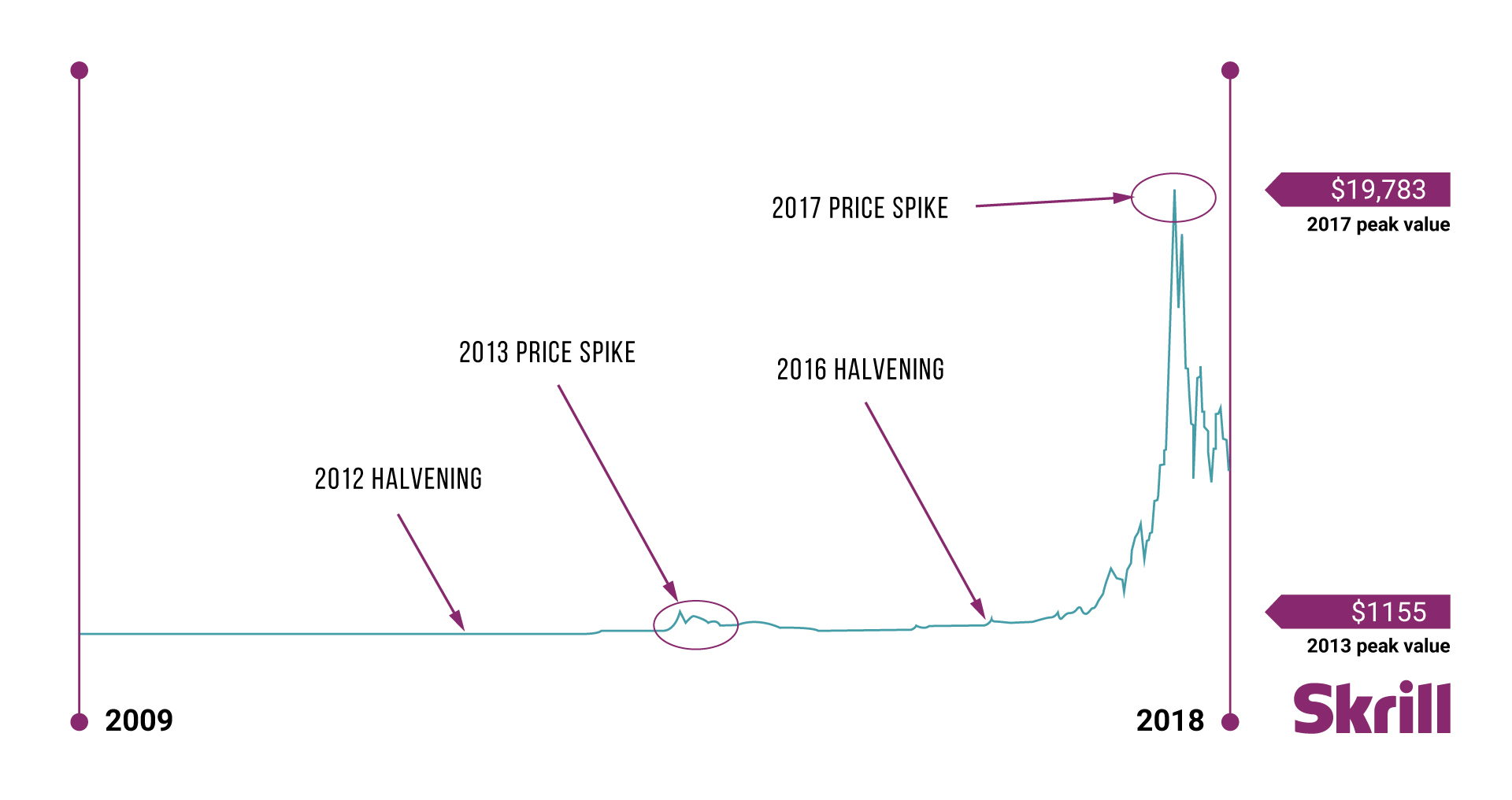Don’t invest unless you’re prepared to lose all the money you invest. This is a high-risk investment and you should not expect to be protected if something goes wrong. Take two minutes to learn more.
This article is not intended to be financial, investment or trading advice. This article is for information and solely for education purposes. It does not protect against any financial loss, risk or fraud.
Written by Lydia Rose Pallot
When it comes to exchange-traded funds (ETFs), bitcoin can be considered as a newcomer. If we look back over the last decade, the Securities and Exchange Committee (SEC) has rejected every application for a bitcoin ETF that’s designed to track the current bitcoin market price. So, why is this topic growing in significance now?
On June 15th, 2023, BlackRock filed to the SEC a request for approval for a spot bitcoin ETF. In response, it triggered several financial firms to resubmit their own applications for spot bitcoin ETFs. In the days that followed the filing, the bitcoin price increased more than 20%, with a year-high of $31,460 being reached on July 6th. So, could this time be different? And what could a bitcoin ETF mean for the future of both crypto and ETFs?
What is an ETF?
An exchange-traded fund is essentially a basket of securities that you can buy or sell via a brokerage firm on a stock exchange. Let’s further define what security is before we move on to the specifics.
A security, as defined from a U.S. perspective, is a fungible, tradable asset that holds a type of monetary value. For example, stocks, bonds, and options contracts. There are three main types of security; equity, debt and hybrid.
-
Equity securities = these securities represent ownership interest held by shareholders in a company.
- Debt securities (fixed-income securities) = these securities represent funds that have been borrowed and are due to be repaid. Examples include government bonds, municipal bonds, or a certificate of deposit (CD).
- Hybrid securities = as the name suggests, these securities are a combination of the characteristics of debt and equity securities. Like bonds, typically they offer interest at a fixed rate. However, unlike a bond the time in which the interest is payable is not guaranteed.
Having understood the nature of securities, let’s dive into ETFs.
A bitcoin ETF allows buyers to invest in bitcoin without buying the actual asset. Meaning, you wouldn’t need to open an account with an exchange, manage the storage and security of your crypto assets or open a crypto wallet. Like how buying a traditional ETF tracks the price of the asset, or group of assts, in the basket, a bitcoin ETF tracks the price of bitcoin. So, in essence, a bitcoin ETF streamlines the process for investors to take advantage of the bitcoin price movements.
The first bitcoin ETF, ProShares Bitcoin Strategy ETF (BITO), launched October 2021. However, this type of ETF does not directly invest in bitcoin, but in the bitcoin futures contract.
A bitcoin futures ETF owns a bitcoin futures contract, which means a contract is in place to buy or sell bitcoin at a set price on a specified date. For example, if you purchase via the ProShares Bitcoin Strategy ETF, you’re buying into a fund that holds futures contracts.
A spot bitcoin ETF, as filed for by BlackRock, would allow a buyer to invest in bitcoin with all the associated benefits of the futures ETF, but invests in bitcoin on the spot. As the ETF invests in bitcoin at the spot price, it means that buyers are holding bitcoin within the fund. In this sense, it’s like buying traditional stock.
BlackRock and the SEC
When we look back over the last decade, the SEC has turned down all applications for bitcoin ETFs that are tracking against the current market price. The president and chief investment officer of Castle Funds, Peter Eberle, said that SEC approval of BlackRock’s submission could ‘breathe new life into Bitcoin and cryptocurrency markets’ (Source, Forbes).
However, reportedly the SEC has concerns that the proposal for a ‘surveillance-sharing agreement’ is not sufficiently detailed. BlackRock has outlined that their new filing addresses concerns that caused the rejection of previous filings by the SEC – giving a new sense of hope that this could make it through.
At the time of writing, we’re still waiting for a final decision. But, when we look at the current status the extent to which BlackRock can succeed where others have failed depends on the SEC. Will they agree with offering investors a streamlined methods of trade funds that directly track the current bitcoin price, allowing the bitcoin ETFs to evolve beyond relying on the prices of futures contracts? Or will this meet the same fate as previous applications?
Try crypto with Skrill today
- Buy and sell over 40 different cryptocurrencies
- Set conditional orders to automate your trades
- Earn points and be rewarded with Skrill's loyalty programme, Knect
Cryptocurrencies are unregulated in the UK. Capital Gains Tax or other taxes may apply. The value of investments is variable and can go down as well as up.





